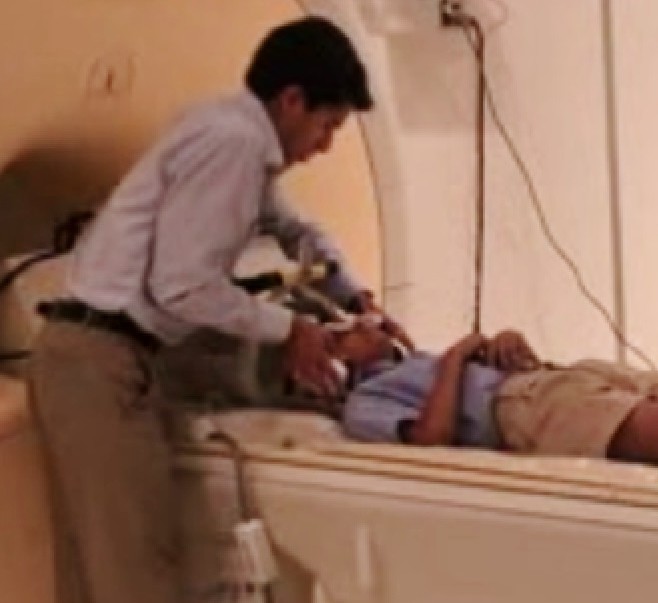Neurobiologists now provide new scientific evidence to support a theory that caregivers for autistic children have long known through practice – that children with Autism Spectrum Disorders (ASD) respond better to music than speech1.
Scientists from the National Brain Research Centre studied 22 children with ASD to come up with these findings. Using functional neuroimaging, they looked at their brain networks while the children listened to spoken words, songs and piano tones. They compared these brain networks with those of children without ASD of the same ages and genders.
“When children with ASD listened to spoken words, the left hemisphere of their brain, involved in language processing, was less active,” says one of the researchers Nandini Chatterjee Singh. However, when the words were sung instead of being spoken, the brain activity was intact in the ASD group and comparable to the activity in the control group of children.
The researchers used neuroimaging techniques to see how children with Autism Spectrum Disorders (ASD) respond to music and speech. Credit: NBRC
"Although the presence of speech and language deficits is one of the earliest warning signs of ASD, there is significant variability in the extent of severity of these impairments," she says about the motivation behind the study. Simultaneously, there is also the presence of a rather understudied preservation of musical function, in a large proportion of the ASD population, she says. This simultaneous enhancement and impairment of function in the auditory domain led the researchers to explore this further.
While difficulties in spoken language and communication are a common feature of Autism Spectrum Disorders (ASD), many parents and caregivers report profound effects of music on children with ASD. "As a consequence while the use of music-based therapies for Autism Spectrum Disorders (ASD) have a long history there is hardly any evidence about their efficacy or underlying mechanisms, especially in terms of brain processes," Chatterjee Singh says.
According to the researchers, children with ASD in whom the language area was least active scored least in a language test. Additionally, the brain structure and connections of this left-hemisphere language area in children with ASD and the rest of the brain were disrupted. On the other hand, when words were sung instead of spoken, brain activity was intact in the ASD group and comparable to the activity in typical controls. They also found that this response to song in children with ASD depended upon how well the regions in the frontal and temporal lobes of their brain were functionally connected.
Chatterjee Singh and her team suggest that despite shared mechanisms in the brain, speech and music might be processed differently in ASD and offer an explanation for the rehabilitative potential of music in improving language and communication. The team is now translating these results into an intervention to test how such research could be implemented in a clinical setting. "Simple interventions like these would be helpful to reach out to parents and caregivers across the globe,"she points out.
